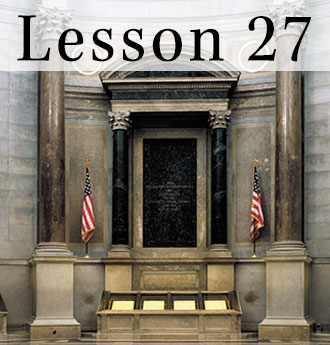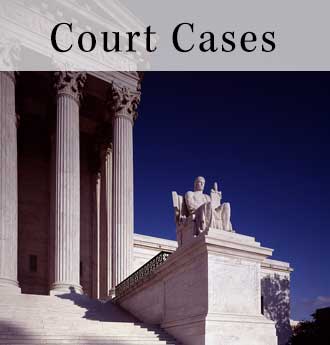Lesson 27: What Are Bills of Rights and What Kinds of Rights Does the U.S. Bill of Rights Protect?
economic rights Those rights essential to citizens that allow them to earn a living, to acquire and transfer property, and to produce, buy, and sell goods and services in free markets.
negative rights Those rights that prohibit government from acting in certain ways; rights that are not to be interfered with.
personal rights Those rights of individuals in their private capacity, such as the rights to life and liberty, as distinguished from the political rights of citizens, such as the rights to vote and to hold public office.
political rights All rights of a citizen in a free society that are clearly expressed and guaranteed by the Constitution and implied by natural laws.
positive rights Those rights that require overt government action, as opposed to negative rights that require government not to act in specified ways. Examples of positive rights are those to public education and, in some cases, to medical care, old age pensions, food, or housing.
rights Moral or legal claims justified in ways that are generally accepted within a society or the international community.







